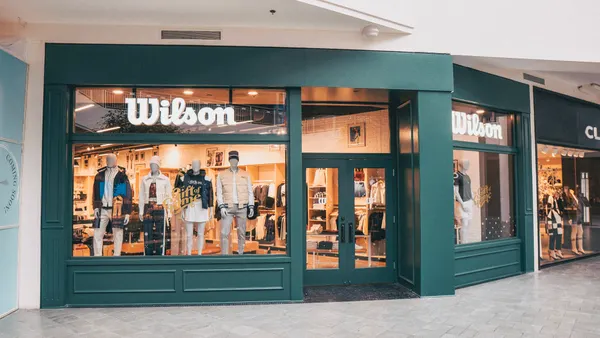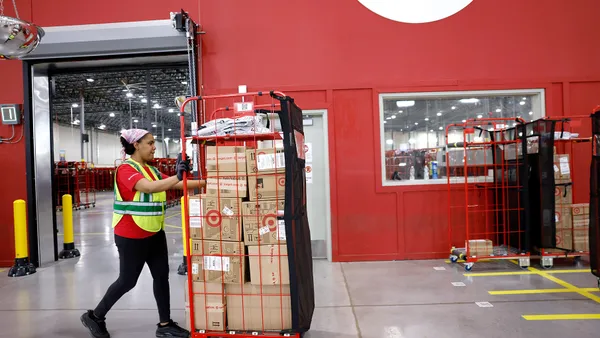Dive Brief:
- In its first acquisition, Harry's on Monday announced it has purchased Lumē Deodorant, a DTC brand focused on managing body odor, for an undisclosed amount. The deal is expected to close by the end of the year, subject to customary closing conditions.
- Lumē was founded on the idea that all body odor has the same root cause, and its mission is to normalize the problem and provide product solutions to it, according to a company press release.
- Harry's innovation arm, Harry's Labs, was responsible for the acquisition. Harry's Labs has also launched several brands under Harry's over the years, including razor brand Flamingo, pet brand Cat Person and hair care brand Headquarters.
Dive Insight:
While Harry's made its name as a DTC shaving brand, the company has moved beyond its roots since then.
In addition to expanding its own product offerings to include hair care, deodorant and other items, Harry's has also entered other markets by launching entirely new brands. In 2018, Harry's debuted its women's shaving and body care brand, Flamingo, a seemingly natural extension from its core business. Since then, the company has branched out further, launching pet brand Cat Person in 2020 and hair care brand Headquarters at the start of the year.
Although the purchase of Lumē itself was unknown prior to this week, Harry's earlier this year made it clear that acquisitions were on the horizon. In March, the company raised $155 million in a Series E round with the intent of adding more brands to its growing portfolio. At the time, the funding spiked Harry's valuation up to $1.7 billion.
"I am thrilled to partner with the team at Harry's at this point in our company's journey," Lumē's founder and CEO, Dr. Shannon Klingman, said in a statement. "They are proven experts in scaling omni-channel personal care brands and they deeply understand and support our mission to disrupt the odor control market."
Harry's appears to be well on its way to becoming its own DTC brand conglomerate, a trend that is emerging more in the space as direct-to-consumer brands look for scale. As it acquires and incubates brands, Harry's is touting its support for founders through expertise in brand development, design, DTC marketing, sales and other spaces. Like others building up brand portfolios, Harry's is hoping that having a central infrastructure and "a community of fellow brand builders" will help the businesses scale.
While it seems to be focused on building out its own brands for now, Harry's had hoped to be acquired by Schick maker Edgewell in 2019. The deal fell through after FTC scrutiny, followed by the downfall of a similar deal P&G made to acquire women's shaving brand Billie.
While those particular acquisitions have come undone, large CPG companies have not been entirely unsuccessful in acquiring startups in the shaving space. Dollar Shave Club was notably acquired by Unilever in 2016 for $1 billion, and just last month, Edgewell found success by acquiring Billie.













